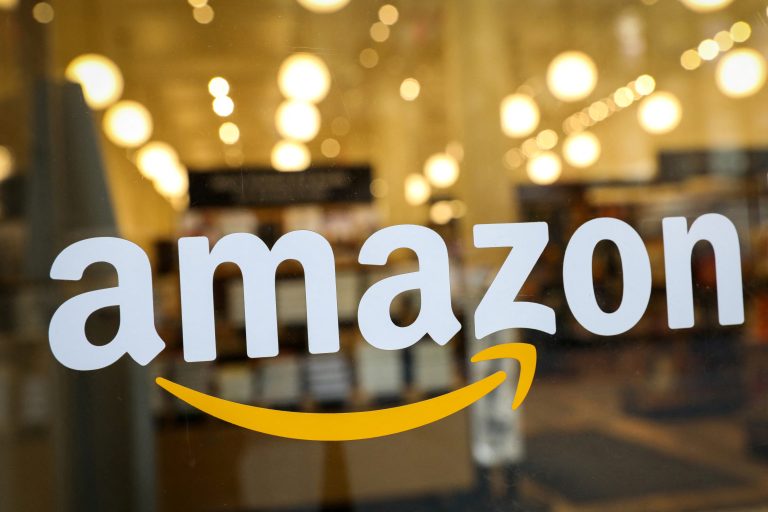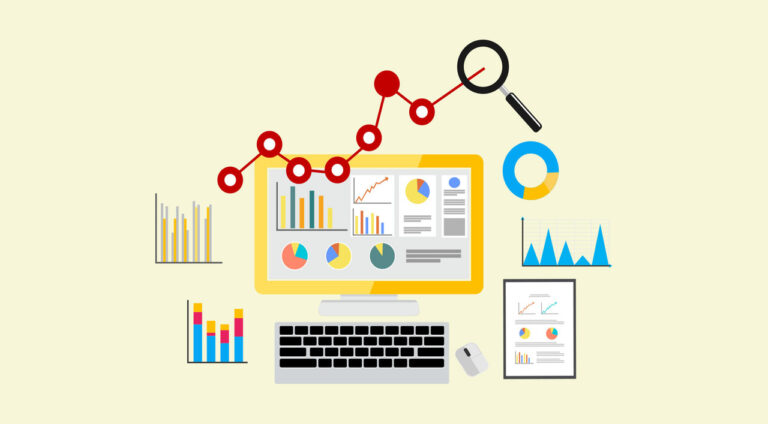The Tech-Savvy Workplace: Integrating Employee Hour Tracking Apps Into Daily Business Operations
Imagine your office buzzing like a well-oiled machine, where every minute of work is accounted for and productivity is enhanced. Yes, you’re right; we’re discussing the integration of employee hour tracking apps into daily business operations.
These tools don’t just monitor work hours, they’re game changers in the tech-savvy workplace, enhancing transparency, accountability, and efficiency. However, their implementation isn’t as simple as downloading an app and hitting start; there’s a lot more to consider.
So, how do you ensure a seamless transition to this digital approach without disrupting your current operations? Let’s explore together the benefits of using a track employee hours app.
Key Takeaways
- Employee hour tracking apps provide real-time visibility into work hours and streamline payroll processing.
- These apps offer mobile compatibility, allowing employees to clock in and out from anywhere.
- Hour tracking apps contribute to increased transparency, accuracy, and efficiency in administrative tasks.
- Selecting the right app involves considering usability, integration with other tools, and reliable customer support.
Understanding Employee Hour Tracking Apps
To get the most out of employee hour tracking apps, it’s crucial to understand how they work and the benefits they can bring to your business. These apps are digital tools that accurately record the number of hours an employee works, providing a clear snapshot of their productivity. They’re straightforward to use; your team clocks in when they start work and out when they finish, and the app does the rest.
What’s in it for you? Well, these tools can streamline payroll processing, eliminate manual timesheets, and mitigate errors. They’re also handy for remote work situations, as they give you real-time visibility into when and how long your staff are working. That’s where you start to see the real value – it’s not just about counting hours, it’s about managing resources more effectively.
In a nutshell, understanding and utilizing these apps can lead to improved productivity, reduced overheads, and better employee engagement. So, don’t be daunted by the tech aspect. It’s simpler than you might think, and the potential benefits are well worth the effort.
Key Benefits of Hour Tracking Apps
Delving into the myriad benefits of hour tracking apps, you’ll find they’re not just timekeepers, but also powerful productivity boosters for your business. They offer real-time insight into how your employees are spending their work hours, allowing you to identify inefficiencies and make necessary adjustments.
One significant advantage is these apps help to increase transparency. You’ll have access to accurate data regarding employee work hours, breaks, overtime, and even time-off requests. This offers consistency and fairness across the board.
Moreover, these apps can streamline administrative tasks. Automated timesheets eliminate manual entries, reducing potential errors and saving you time. Additionally, the apps can integrate with payroll systems, making processing smoother and more efficient.
The convenience of tracking apps shouldn’t be overlooked. They offer mobile compatibility, meaning employees can clock in and out from anywhere, ensuring flexibility. This feature is particularly beneficial in today’s predominantly remote work environment.
Lastly, these apps can contribute to employee satisfaction. With clear and fair hour tracking, your team members will feel valued and recognized for their hard work. This can lead to increased morale, engagement, and ultimately, productivity in your workplace.
Selecting the Right Employee Hour Tracking App
When it comes to choosing the right employee hour tracking app for your business, it’s important to consider both your needs and those of your team. This isn’t a decision to take lightly, as the right tool can streamline your operations, increase productivity, and improve employee satisfaction.
Here are four key aspects you should consider:
- Usability: The app should be user-friendly. If it’s too complex, your team might resist using it, reducing its effectiveness.
- Features: Look for features that suit your business needs. This could include real-time tracking, project tracking, or the ability to generate detailed reports.
- Integration: The app should easily integrate with other tools your business uses, like payroll or project management software.
- Support: Reliable customer support is crucial. When issues arise, you need the assurance that they’ll be dealt with promptly.
Steps to Integrate Tracking Apps Into Operations
After choosing the ideal employee hour tracking app, you’ll need to smoothly integrate it into your daily operations.
First, get your team on board. Explain the benefits of the tool and how it’ll make their work easier. Address any concerns or questions they may have.
Next, customize the app to fit your company’s needs. This could involve setting up projects, tasks, or client information. Ensure the settings and permissions align with your company’s policies and procedures.
Training is key to successful implementation. It’s crucial for everyone to understand how to use the app effectively. You can organize a workshop or provide online resources for self-learning. Make sure to cover the basics, such as clocking in and out, editing time logs, and reading reports.
Lastly, monitor the usage and gather feedback. You’ll want to ensure the app is meeting its intended purpose and improving productivity. If it’s not, be open to making necessary adjustments or even switching to a different tool. Remember, the main goal is to streamline operations and make time management more efficient.
This integration process may take time, but it’s worth the effort in the long run.
Evaluating the Impact of Tracking Apps
As you start using the tracking app, it’s crucial to evaluate its impact on your team’s productivity and overall operations. It’s not just about integrating new technology; it’s about understanding how it influences your business environment.
- Productivity Improvement: Has the app led to a notable increase in employee productivity? It’s important to gauge if the app helps team members manage their time efficiently, thereby increasing output.
- Ease of Use: Is the app user-friendly? If it’s too complex, employees might spend more time figuring it out than doing actual work. The goal is to simplify, not complicate.
- Data Accuracy: Does the app provide accurate data? Inaccurate time logs can cause payroll errors and disputes. Trustworthy data is key for fair compensation.
- Employee Feedback: What’s the team’s response? Are they comfortable using the app? Resistance or difficulty could signal the need for more training or even a different tool.
Conclusion
You’ve seen the benefits of employee hour tracking apps – increased productivity, streamlined operations, and accurate payroll.
You’ve selected the ideal app and integrated it into your operations.
Now, it’s time for evaluation. Are the results meeting your expectations?
Remember, technology is ever-evolving. Stay open to new advancements and continually seek ways to use technology for the betterment of your business.
Your tech-savvy workplace is a testament to your forward-thinking approach.





